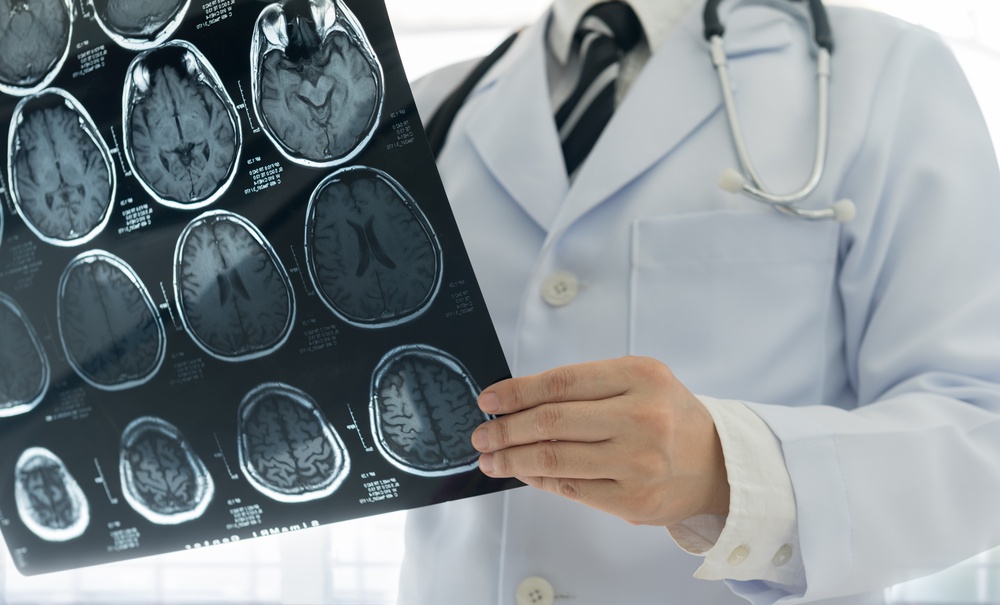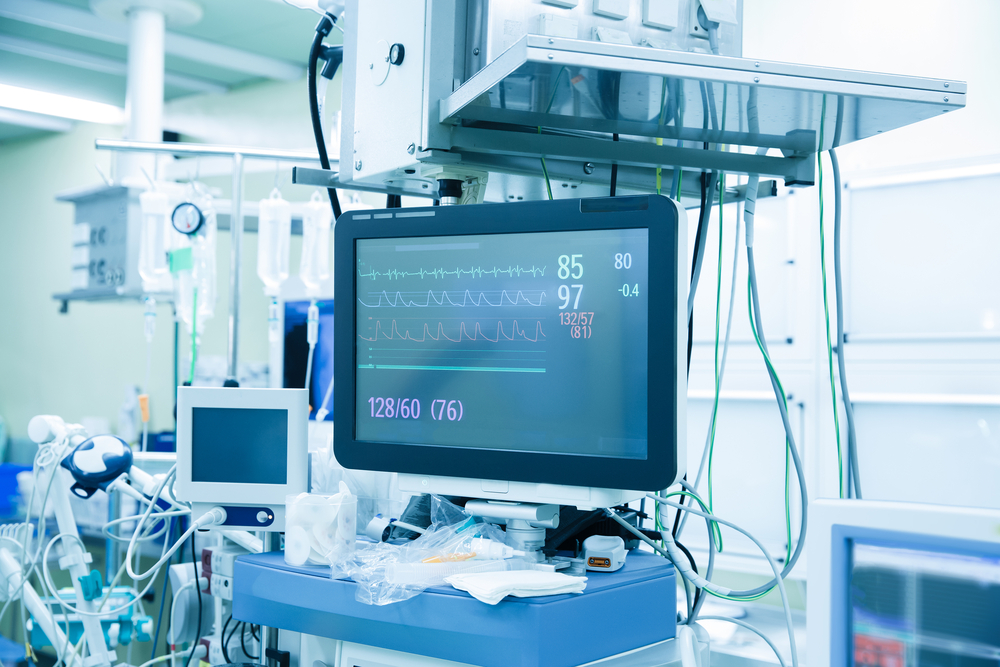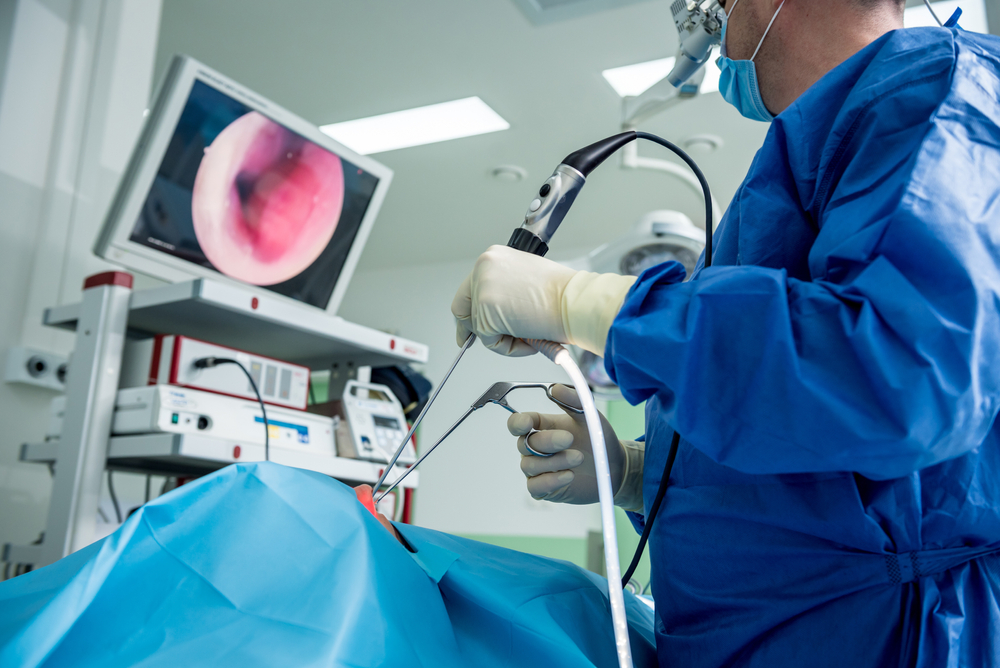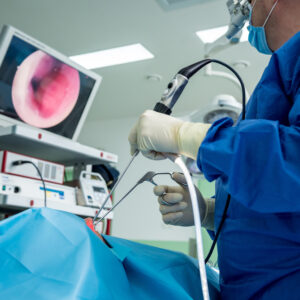What is the principle of MRI?
The principle of Magnetic Resonance Imaging (MRI) involves the use of a strong magnetic field, radio waves, and computer technology to create images of the internal organs and structures within the body from multiple perspectives.
MRI works by placing the human body inside a strong magnetic field and using radio waves to excite the hydrogen atoms within the body, causing them to emit signals. These signals are then recorded and processed by a computer to generate images.
MRI scan by body parts: What diseases can be diagnosed?
Diseases that can be diagnosed:
- Brain, heart, liver, kidney diseases
- Cancers in various parts of the body
Suitable for:
Individuals concerned about their health or experiencing symptoms such as headaches or pain, aged 18 and above
Duration:
Approximately 15 to 90 minutes
Diseases that can be diagnosed:
- Brain inflammation, tumors, structural abnormalities
- Intracranial hemorrhage, cerebral aneurysm, stroke, traumatic brain injury, etc.
Suitable for:
Individuals suspected of having brain disorders or abnormalities in the head
Duration:
Approximately 45 minutes
Diseases that can be diagnosed:
Various bone and joint diseases, including injuries, tumors, inflammation, congenital malformations, osteonecrosis, bone marrow diseases, herniated or degenerative spinal discs, etc.
Suitable for:
Individuals experiencing bone or joint pain, swelling, or injuries
Duration:
Approximately 15 to 60 minutes
Diseases that can be diagnosed:
Coronary artery disease, congenital heart disease, inherited heart diseases, heart valve diseases, cardiac tumors, etc.
Suitable for:
Individuals at higher risk of heart disease, including those with hypertension, family history of heart disease, diabetes, etc.
Duration:
Approximately 20 to 45 minutes
Procedures of MRI scan
- Preparing for the examination: The patient is positioned on the table of the MRI scanner and prepared for the scan.
- During the examination: The scanner emits radio waves that interact with the body’s magnetic field to generate images.
- Signal detection: The MRI machine detects signals from the body and uses them to create images.
- Image processing: The images generated by the scanner are processed by a computer to create detailed pictures of the scanned area.
Any side effects of MRI scan? How strong is the radiation?
Magnetic resonance imaging (MRI) scans do not involve any ionizing radiation, so there is no radiation exposure. Approximately 1% of patients may experience mild allergic reactions to the contrast agent, such as itching, nausea, pain at the injection site, coldness, or a warm sensation. Severe allergic reactions to the contrast agent, including bronchospasm and severe hypotension, are extremely rare. Deaths due to contrast agent allergies are exceptionally uncommon.
Currently, there is no evidence to suggest that MRI has any harmful effects on pregnant women, but it is generally not recommended for pregnant women in the first trimester (up to 12 weeks). MRI scans do not have any impact on breastfeeding women.
The MRI machine can produce sound levels up to 100 decibels, which can cause anxiety and discomfort for some patients, particularly those with claustrophobia. If necessary, doctors can administer a sedative to help patients relax during the procedure.
What is the purpose of the contrast agent?
Some MRI examinations may require the use of a contrast agent to enhance the visibility of soft tissues, blood vessels, etc., and improve the accuracy of the diagnosis. After the injection of a contrast agent, patients may experience temporary vasodilation or a systemic feeling of warmth, which usually subsides after about 3 to 5 minutes. A few patients may experience side effects from the contrast agent, including:
- Mild side effects: Itching, hives, nausea, vomiting, warm sensation, arm pain, sneezing, coughing, etc.
- Severe side effects: Asthma, arrhythmia, chest pain, seizures, renal failure, hypotension, coma, etc.
- Rare side effect: Death, with a chance of approximately one in forty thousand
- Rare delayed side effects: Arm pain, itching, rash, salivary gland pain or swelling
If a patient has a known allergy to contrast agents or has conditions such as asthma or sensitivity to medications or food, it is advisable to consult a doctor before the examination.
Precautions before MRI scan
- If you have any metal implants or devices in your body, inform the doctor.
- You may be asked to change into a surgical gown for the scan.
- The scan may take anywhere from 30 minutes to 1 hour.
- During the scan, you need to remain still.
- The equipment produces loud noises, so you may be provided with earplugs or headphones.
Aftercare Tips of MRI scan
In most cases, you can leave the hospital or imaging center immediately after completing the MRI scan and resume normal activities. If you have received a sedative, you should avoid driving, operating heavy machinery, and consuming alcohol for 24 hours.
If you underwent an MRI scan with a contrast agent, there are typically no dietary restrictions after the scan. However, the doctor may advise you to drink enough water daily to help eliminate the contrast agent from your body. If you are a breastfeeding mother, the doctor may recommend stopping breastfeeding for a few days.
MRI scan pricing at hospitals and clinics
| Hospital/Clinic | Outpatient Pricing | Standard Room Pricing | Semi-private Room Pricing | Private Room Pricing |
| Gleneagles Hospital | HK$7,110 – HK$11,250 | HK$7,900 – HK$12,500 | HK$10,270 – HK$18,130 | HK$12,640 – HK$20,000 |
| CUHK Hospital | HK$5,800 – HK$9,150 | n/a | ||
| Hong Kong Sanatorium & Hospital | HK$8,580 – HK$13,730 | HK$9,440 – HK$15,100 | HK$10,300 – HK$16,480 | |
| Hong Kong Baptist Hospital | HK$6,420 – HK$10,200 | HK$8,025 – HK$12,750 | HK$9,630 – HK$15,300 | |
| Union Hospital* | HK$6,000 | |||
| Private services in public hospitals* | HK$3,000 – HK$20,000 | |||
| The Specialists | HK$5,400 – HK$7,500 | n/a | ||
| Hospital/Clinic | Outpatient Pricing | Standard Room Pricing | Semi-private Room Pricing | Private Room Pricing |
| Gleneagles Hospital | HK$14,190 | HK$15,770 | HK$20,500 – HK$22,870 | HK$25,230 |
| Hong Kong Sanatorium & Hospital | HK$14,550 | HK$16,010 | HK$17,460 | |
| Private services in public hospitals* | HK$3,000 – HK$20,000 | |||
| The Specialists | $20,000 – $35,000 | n/a | ||
| Hospital / Clinic | Outpatient Pricing | Standard Room Pricing | Semi-private Room Pricing | Private Room Pricing |
| Gleneagles Hospital | HK$7,110 – HK$14,400 | HK$7,900 – HK$16,000 | HK$10,270 – HK$23,200 | HK$12,640 – HK$25,600 |
| CUHK Hospital | HK$5,800 – HK$9,150 | n/a | ||
| Hong Kong Sanatorium & Hospital | HK$8,170 | HK$8,990 | HK$9,800 | |
| Hong Kong Baptist Hospital | HK$6,420 – HK$10,200 | HK$8,025 – HK$12,750 | HK$9,630 – HK$15,300 | |
| Union Hospital* | HK$6,000 | |||
| Private services in public hospitals* | HK$3,000 – $20,000 | |||
| The Specialists | HK$5,500 – HK$11,000 | n/a | ||
| Hospital / Clinic | Outpatient Pricing | Standard Room Pricing | Semi-private Room Pricing | Private Room Pricing |
| Hong Kong Sanatorium & Hospital | HK$8,580 – HK$9,510 | HK$9,440 – HK$10,460 | HK$10,300 – HK$11,420 | |
| Hong Kong Baptist Hospital | HK$13,310 | HK$16,320 | HK$19,330 | |
| Private services in public hospitals* | HK$3,000 – $20,000 | |||
- Note (1): The above information was collected from the official websites of hospitals or clinics on March 27, 2023. All information is subject to the hospitals or clinics.
- Note (2): The cost difference depends on whether a contrast agent is used and the specific body part examined.
- *No information on pricing for specific hospital ward levels is provided.
Does insurance cover MRI scan?
Bowtie Voluntary Health Insurance Plan provides coverage for “Diagnostic Examinations” which are medical tests recommended by your attending registered doctor based on your symptoms. X-ray are covered under the “Miscellaneous Charges” category of the VHIS plans. It’s important to note that the coverage limits may vary for different plans. The table below shows the annual coverage limits for different levels of Bowtie VHIS plans:
| Standard | Flexi (Regular/ Plus) | Bowtie Pink | |
Diagnostic Examinations, including:
| HK$20,000 / Year (With 30% Co-insurance) | Regular HK$26,000 / Year Plus HK$40,000 / Year (With 30% Co-insurance) | Full coverage# |
In addition, Bowtie’s voluntary health insurance also covers other surgical expenses, such as surgeon’s fees, attending physician’s ward rounds fees, anesthesiologist’s fees, operating room fees, and ward and meal expenses!
- # Bowtie Pink Voluntary Health Insurance Scheme series fully compensates for qualified medical expenses, including diagnosis, hospitalization, surgery, and prescribed non-surgical cancer treatments (excluding the United States), subject to annual and lifetime coverage limits. If a claim involves hospitals in mainland China outside the designated hospital list or high-end hospitals within the designated hospital list in mainland China, exceeds the designated ward class, or involves pre-existing conditions prior to enrollment, the compensation amount may be adjusted accordingly.
Bowtie MRI Scan Real Claim Case
Mr. Wong (pseudonym) is a customer of Bowtie VHIS – Flexi Plan (Regular). He recently suffered injuries to his right knee and left shoulder and needed to undergo magnetic resonance imaging (MRI) scans at a center in Mong Kok to determine the severity of his injuries. After completing the scans, he applied for compensation from Bowtie.
MRI scans are considered “specified diagnostic imaging tests” and as the scans were recommended in writing by his attending registered doctor, Bowtie provided coverage according to the voluntary health insurance plan, reimbursing 70% of the cost. Mr. Wong was responsible for paying the remaining 30% of the jointly insured cost:
| Diagnostic Item | Pricing | Amount of Compensation |
| Specified Diagnostic Imaging Tests (MRI Scan) | HK$5,000 | HK$3,500 (70% reimbursement rate) |
What is co-insurance? What is the percentage?
Co-insurance refers to the portion of medical expenses that the insured person must pay out of pocket when making a claim, as specified in the insurance policy. The insured party and the insurer share the insurance risk. In general, for Bowtie voluntary health insurance, the percentage of co-insurance ranges from 20% to 30%. If you do not wish to bear the co-insurance cost, you may consider the Bowtie Pink VHIS, which offers full coverage.
Get Instant Personalised Quote
Bowtie offers a premium calculator that allows you to estimate your monthly premium for VHIS based on factors such as age, gender, and smoking habits:
Bowtie VHIS (Standard/ Flexi) Premiums Calculator
Bowtie Pink Premiums Calculator
How to claim?
Claims Process
Bowtie’s voluntary health insurance claims process is simple and straightforward. Here are the steps:
- Prepare the required documents
- Log in to your Bowtie account and apply for the claim (click on the “Log in to Claim” button on the left)
- Answer a few questions about the medical examination
- Submit your bank details
- Upload the required documents
- Wait for approval
- Receive your compensation
What documents are needed for the claim?
You will need to prepare the following three documents to successfully apply for the claim:
- Hospital compensation application form filled and signed by the doctor
- Original hospital receipt
- All pathology reports
Private hospitals usually have hospital compensation application forms for different insurance companies. As long as you let the doctor know which medical insurance you have bought, they will have experience in filling out the form. It is recommended to prepare a list of your medical insurance coverage for the doctor’s reference.
How long does it take to receive compensation after applying for the claim?
The time required for each claim depends on the complexity of the case. About 80% of cases are approved within 10 working days, and the compensation amount will be transferred to your designated bank account within 3 working days after successful approval.
- #Data as of October 2021
FAQs about MRI Scan
Patients typically receive the results and can collect the report within 1 to 2 weeks.
MRI (Magnetic Resonance Imaging) is a common diagnostic imaging test. In simple cases, it does not require hospitalization and can be performed at a clinic. For example, if a doctor wants to examine whether a patient’s finger pain is due to soft tissue issues, an MRI at a clinic is sufficient for diagnosis.
The duration of the scan process depends on the body part being scanned, typically ranging from 20 to 60 minutes. The process is completely painless, and you can eat before the scan.
- 1Should you consider a full body MRI scan? | Vista Health
- 2What is a cardiac MRI scan? - Heart Matters magazine - BHF
- 3Magnetic Resonance Imaging (MRI) of the Bones, Joints, and Soft Tissues | Johns Hopkins Medicine
- 4MRI scan - Who can have one - NHS
- 5MRI scan - How it's performed - NHS
- 6Cardiac MRI: Procedure Details - Cleveland Clinic
- 7How Long Does an MRI Scan Take? Body Parts and Prep - Healthgrades
- 8What to expect during your MRI recovery - New Choice Health
- 9MRI - Mayo Clinic





